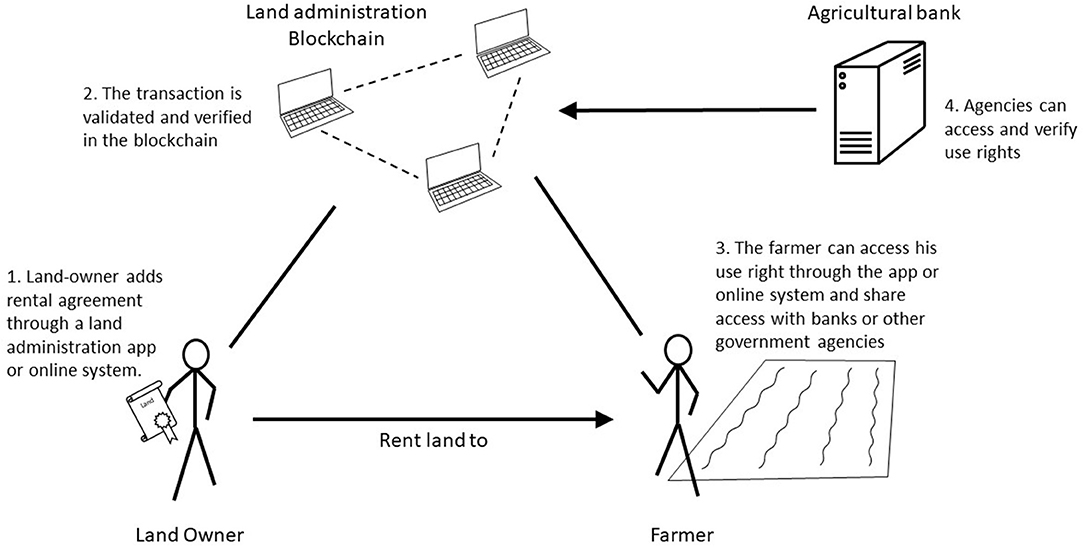
Blockchain Revolution: Property Ownership Records Unleashed
Blockchain technology is ushering in a transformative era for property ownership records, bringing unprecedented transparency, security, and efficiency to the real estate industry. This article delves into the revolutionary impact of blockchain on property ownership records, exploring the benefits and implications of this groundbreaking technology.
The Foundation of Blockchain in Real Estate:
Blockchain operates as a decentralized and distributed ledger that records transactions across a network of computers. In real estate, this technology is utilized to create an immutable and transparent record of property ownership. Each transaction, from the initial sale to subsequent transfers, is securely and chronologically added to the blockchain.
Enhanced Security and Fraud Prevention:
Blockchain’s cryptographic nature ensures enhanced security for property ownership records. The decentralized structure means that once information is added to the blockchain, it cannot be altered or tampered with. This immutable nature greatly reduces the risk of fraudulent activities, such as unauthorized changes to ownership records or fraudulent property sales.
Transparent and Immutable Ownership History:
One of the key advantages of blockchain in property ownership is the creation of an unalterable ownership history. Every change in ownership, transfer, or transaction is permanently recorded on the blockchain. This transparency provides a comprehensive and verifiable ownership trail, mitigating disputes and ensuring clarity in property ownership history.
Efficiency Gains in Transactions:
Traditional property transactions involve multiple intermediaries, leading to delays and increased costs. Blockchain streamlines this process by facilitating direct peer-to-peer transactions. Smart contracts, self-executing contracts with the terms directly written into code, automate and expedite the transfer of ownership, reducing the time and costs associated with property transactions.
Global Accessibility and Interoperability:
Blockchain’s decentralized nature and lack of reliance on a central authority make property ownership records globally accessible. This accessibility is particularly valuable for international transactions, where buyers and sellers may be located in different parts of the world. Blockchain’s interoperability ensures seamless and standardized processes across borders.
Tokenization of Real Estate Assets:
Blockchain enables the tokenization of real estate assets, allowing properties to be divided into digital tokens. These tokens represent ownership stakes in the property and can be traded on blockchain-based platforms. This fractional ownership model enhances liquidity and opens up real estate investment opportunities to a broader range of investors.
Challenges and Regulatory Considerations:
While the benefits of blockchain in property ownership are evident, challenges and regulatory considerations exist. The legal recognition of blockchain records, privacy concerns, and the need for regulatory frameworks are areas that require careful consideration. As blockchain adoption in real estate expands, addressing these challenges becomes crucial.
Wasl Group’s Pioneering Approach to Blockchain:
The Wasl Group is at the forefront of adopting blockchain technology in real estate. To explore the innovative use of blockchain in property ownership records and Wasl Group’s commitment to revolutionizing the real estate landscape, visit WaslInfo.org.
Future Implications and Evolving Landscape:
Blockchain’s impact on property ownership records extends beyond the immediate benefits. As the technology continues to mature, its application in real estate is likely to evolve. From facilitating easier property financing to enabling decentralized property management, blockchain’s potential in the real estate sector is vast and continually expanding.
In conclusion, blockchain property ownership records are ushering in a new era of transparency, security, and efficiency in real estate transactions. The Wasl Group’s adoption of blockchain reflects a commitment to staying at the forefront of technological advancements, paving the way for a more accessible, secure, and streamlined real estate experience.
